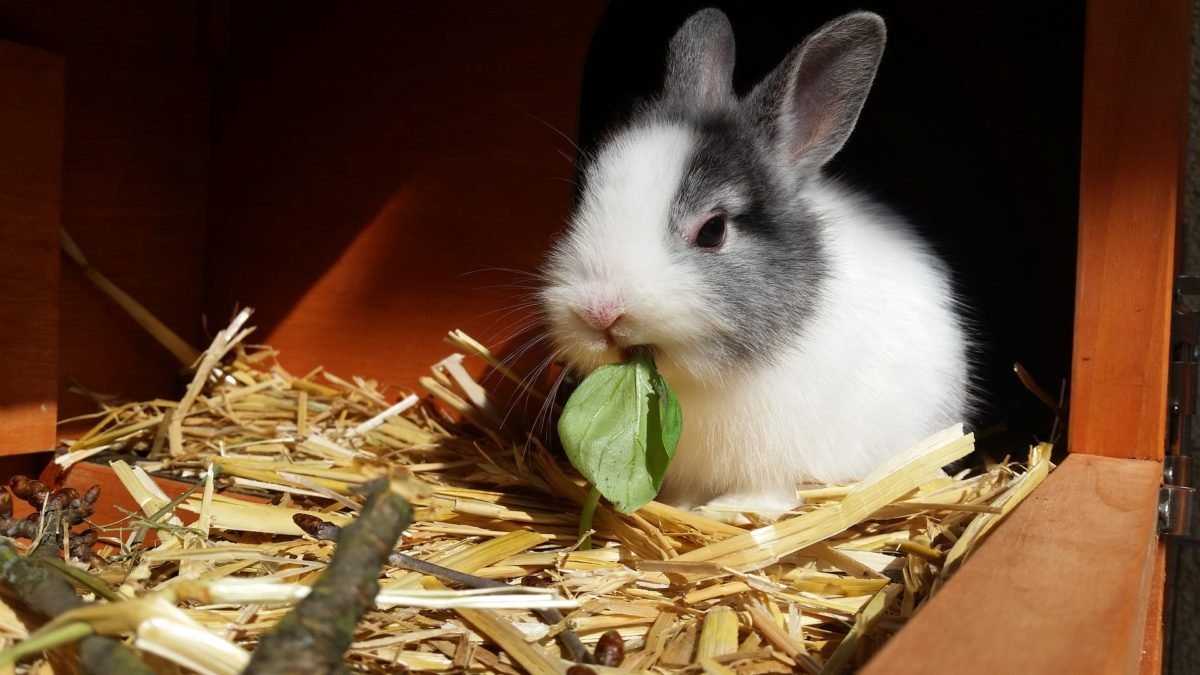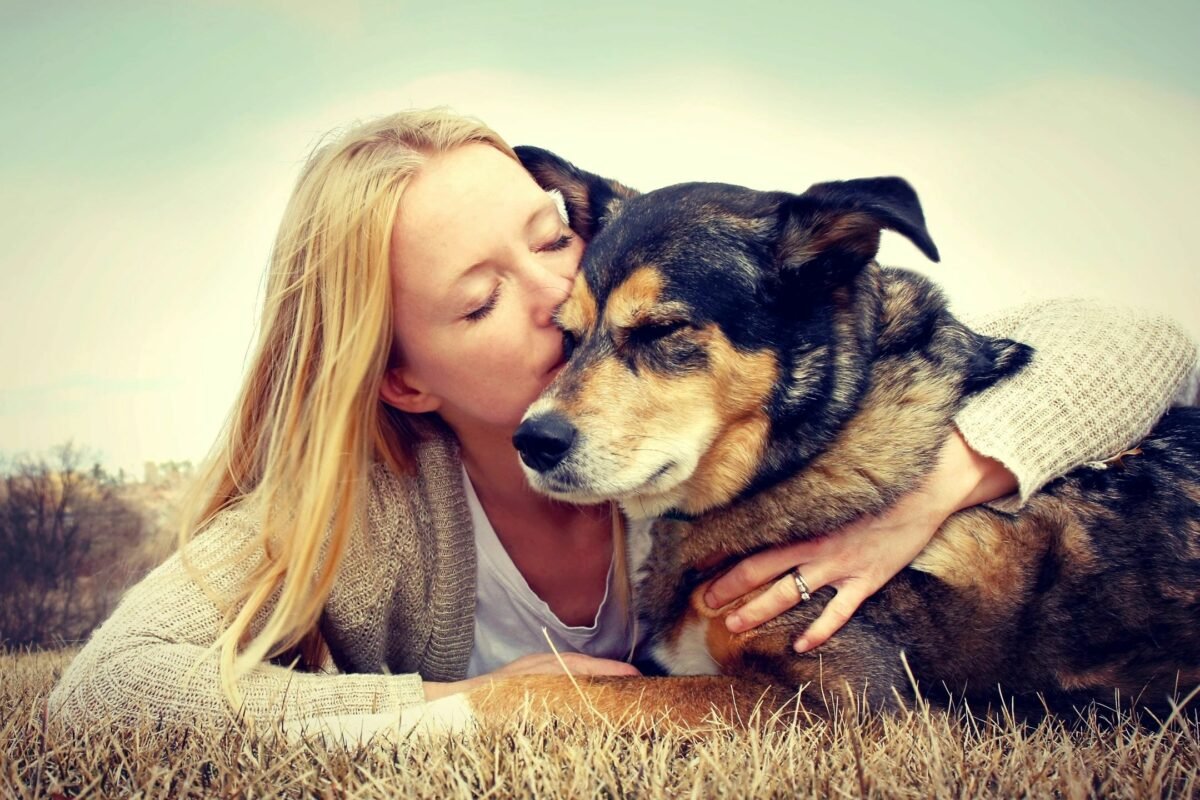In a Mintel.com 2017 survey on Britain’s Pet Owners, 66% said their pet made them feel happy, 55% loved, 54% relaxed and 51% comforted so we obviously like having them around. We keep a vast array of animals captive for a multitude of reasons, but nearly all of them are selfish with some people turning pet keeping into fanatical hobbies and pastimes, but in these modern times the main reason behind our wish to keep them is for our own physical and mental well-being.
“we can dispense with the white coated professionals and just prescribe a cure-all pet.”
At one time it was enough for pets to be our companions, confidants and surrogate children, able to ward off loneliness and provide security in our lives, but it seems that they have now been promoted to the realms of miracle workers or Messiahs in fur, feather and scaly coats, able to heal our psyche and ailments by just being in our presence, to such an extent that we can dispense with the white coated professionals and just prescribe a cure-all pet. This power of healing which has been attributed to them by psychologists is called the ‘pet effect’ and is much hyped by the media, scientific treatises, doctors, animal experts and biased interests such as the pet industry. Most health websites and lifestyle journals like to run regular articles on the subject and market analysts such as Emma Clifford of Mintel advises the pet industry to pitch all their advertising along these lines.
“The undeniable feel-good factor linked to pet ownership can be harnessed in very compelling marketing messages. Advertising themes that centre on pets deserving the very best to thank them for the emotional benefits they bestow on their owners are likely to chime. There are also growing opportunities for products and services that have specific emotional benefits for pets.” Emma Clifford, Associate Director of Food & Drink at Mintel
Pet keeping in general, and dogs in particular, have been credited in possessing the following powerful health benefits:
- reducing blood pressure and pain, particularly migraines and arthritis by reducing anxiety
- reducing depression and easing loneliness
- improving cardiovascular health by lowering cholesterol reducing your risk of heart attack by 30% and suffering a stroke by 40%.
- encouraging exercise and playfulness
- raising our spirits and adding joy to our lives by assisting us to socialise
- warning diabetics that their blood sugar level has dropped through changes in the behaviour of a dog, cat, bird or rabbit.
There is also research showing that rather than cause more allergies in children, a common reason for discarding pets, they help improve immunity and that holding and petting them can sooth children with autism and Attention Deficit Deficiency Disorder (ADHD). There is a consensus that they can play a significant role in a child’s social and emotional development and a belief that a child misses out in some way if not provided access to one from an early age. They supposedly provide a role model, friendship, encourage responsibility and promote respect for their rights as well as keeping them occupied.
Paul Sheehan writing in the Sydney Morning Herald is typical of how the so-called pet-effect can be somewhat overstated:
“Animal companions predominantly dogs and cats provide tremendous value to the human health system. People who have animals at home typically visit the doctor less often. They use less medication. They have, on average, lower cholesterol and lower blood pressure. They recover quickly from surgery. They show lower risk factors for heart disease. People, especially the elderly, have an increased quality of life through companionship. People with animals are less likely to suffer from loneliness. If dogs and cats are being squeezed out of households – and the numbers suggest they are – it is a net cultural loss.”
The problem with all this exuberance is that somewhere along the line the interests and well-being of the animals providing this life-saving service to humanity are often not being considered, confirming yet again that our relationship with animals is entirely one-way – their perceived benefit to us.
Ironically science apparently hasn’t proved that pet keepers are healthier, happier or live longer than pet-less people and there is just as many studies dispelling the myth as supporting it. Dr Harold Herzog, a respected and well-known psychologist puts it this way:
‘despite the growing body of research on the bonds between people and pets, the effects of a pet effect on human health and happiness remains a hypothesis in need of confirmation rather than an established fact’. Dr Harold Herzog.
So who are we to believe? Is it the media, pet industry and marketing people or science. Regardless of who is right it is probably not a good idea to acquire animals in the hope they will remedy all out ills both mental and physical.
Like this:
Like Loading...


